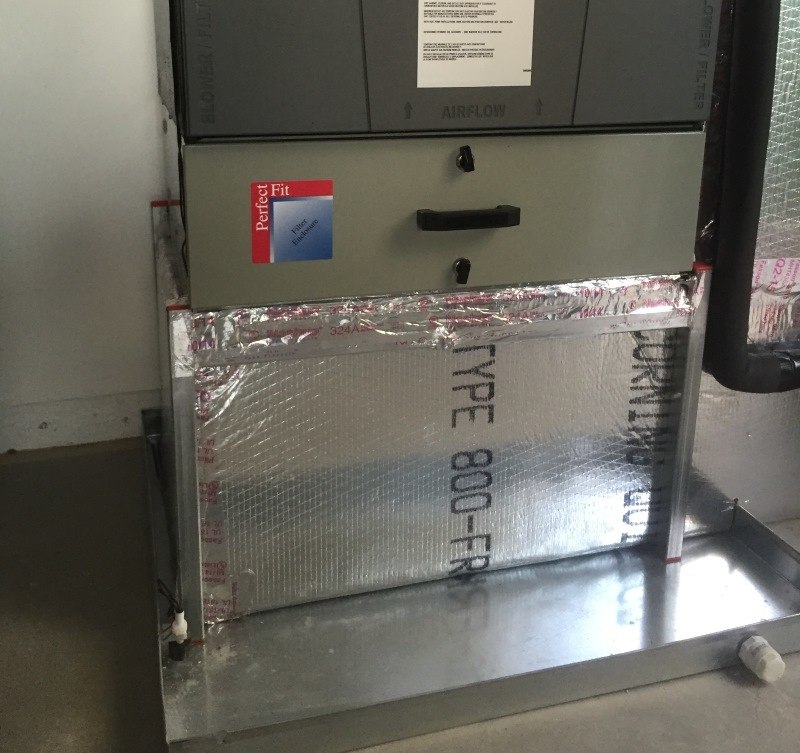What is an air filter?
An air filter is part of an air cleaning system. The most common type of filter in use today for most commercial and consumer purposes is known as HEPA, which stands for “high efficiency particle arrestor.” Most air cleaning systems have a first and second line of defense for combating pollutants in the air.
HEPA and other types of filters take on the task of removing all kinds of organic material from the air including dust, pollen, mold, mildew and other odor-causing or environmentally threatening pollutants. The goal of this process is to create and maintain a clean breathing environment that cycles air as often as possible for maximum effect.
A high quality air filter, like a HEPA filter, will remove more than 99% of particles from the air all by itself. The same filters are used in everything from vacuum cleaners to room humidifiers and dehumidifiers to more intensive industrial applications such as asbestos and mold removal equipment. They are very effective at capturing even the most hazardous of pollutants and cycle clean air back into the breathing environment.
Depending on the value of exchange (the number of times per hour the air is cycled within a given number of square feet), an efficient air cleaning system can keep the air in an indoor space clean almost perpetually. A good quality HEPA filter can service a single room or enclosed space. The size of that space depends on the power of the cleaning system and the size of the filter. Since the filter physically traps pollutants, it also needs to be cleaned and replaced at regular intervals.
What is an Air Purifier?
“Air purifier” is a catch-all phrase that is often used interchangeably with “air filter” or “air cleaning system.” In most cases, the purifier is only part of the overall system. An air purifier deals primarily with microorganisms and airborne pathogens. It can effectively eliminate bacteria and viri (“viruses”) from the air, not just trap them.
The most common means of accomplishing this is through the use of Ultraviolet (UV) light in the form of bulbs. These bulbs operate at three distinct levels to combat the different kinds of living particles that float through the air and cause illness or allergic reactions. The frequency of the beam depends on the unit and its application.
An air purifier literally destroys airborne microbes and pathogens that manage to get through a primary filter. Some particles are extremely small and can slip through even a high-quality HEPA filter. As the microbe crosses the beam, it gets incinerated leaving no trace of itself in the air. UV bulbs also need to be replaced at various intervals since, like any type of light bulb, they degenerate over time and either stop working completely or decrease in efficiency to the point where they are letting too many contaminants back into the environment. This is why routine maintenance to any air cleaning system is vital to its overall functionality and effectiveness.
We’re Pure Air Conditioning of Naples & Ft Myers.



